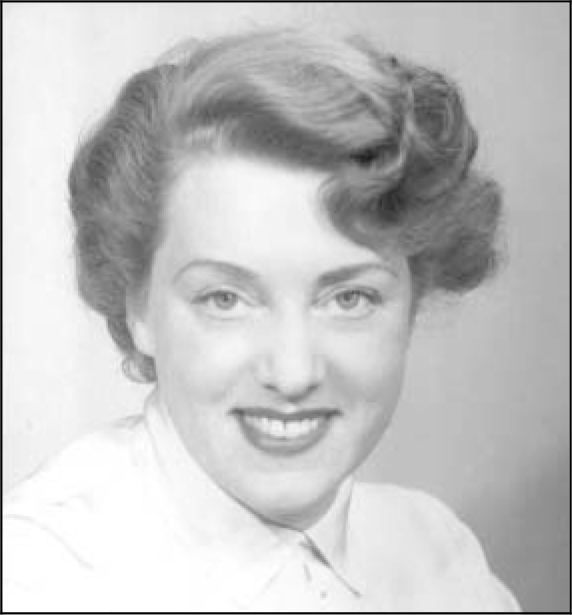The most prestigious award a royal medical college can bestow on a lay person is to elect him or her to its Honorary Fellowship. This accolade was awarded to Renée Short at a ceremony during the annual meeting of the Royal College of Psychiatrists in 1988, where Professor Robert Bluglass gave an eloquent, detailed introductory eulogy. A further distinction followed in 1989, when the Royal College of Physicians elected her to its Honorary Membership, the two together indicating how wide-spread her services to medical matters had been.

But the briefest biography of Renée Short would suffice to highlight the polymathic interests of this remarkable lady, interests including, incongruously perhaps, the breeding of standard poodles that she showed at Crufts!
Renée Short (née Renée Gill) was born in Leamington Spa on 26 April 1916. She was educated at Nottingham Grammar School and Manchester University, where she studied French. At the University, she met André Schwartz, who as a Jewish student in Vienna, had to flee the Nazis. He changed his name to Andrew Short and went on to become a distinguished civil engineer. They married in 1940 and had two daughters.
After university, she embarked on her spectacular and varied career. She began as a freelance journalist, and wrote for social services journals and for Tribune. In parallel, she worked as a theatrical costumier and ran her own stage design business. Her interest in the theatre was lifelong, as witness her later membership of the Round House Theatre Council and as Chair of the Theatre's Advisory Council from 1947-1980.
Her highly-successful career in politics began as a councillor in Hertfordshire. Then, after two unsuccessful attempts, in 1955 and 1959, to enter Parliament, in 1964, she won the safe seat of Wolver-hampton NE, a seat that she held with acclaim for the next 23 years.
In Parliament, she specialised in health and social services: she was the champion of a wide variety of causes, from the rights of junior hospital doctors through to the rights for abortion and action to combat obesity. But of major importance was her membership as a lay member of the influential Medical Research Council. Of particular relevance to psychiatry was her deep concern for care in the community, with special reference to adults with mental illnesses and those with learning disabilities, a concern that prompted her famous aphorism: ‘any fool can close a hospital’.
But without doubt, Renée's major contribution to Parliament was achieved as (the first) Chair of the Commons Select Committee on Social Services, a position she held with distinction from 1979 until she retired in 1987.
Her hard left politics did not endear her to everyone, particularly because of her refusal to acknowledge the many iniquities of the Soviet Union, a blind spot that conceivably stemmed from her intense loathing of Fascism in all its vile forms. No matter what, she will be remembered by posterity not only by her politics, but as the champion of the oppressed and the underprivileged.
Renée Short died on 18 January 2003.





eLetters
No eLetters have been published for this article.